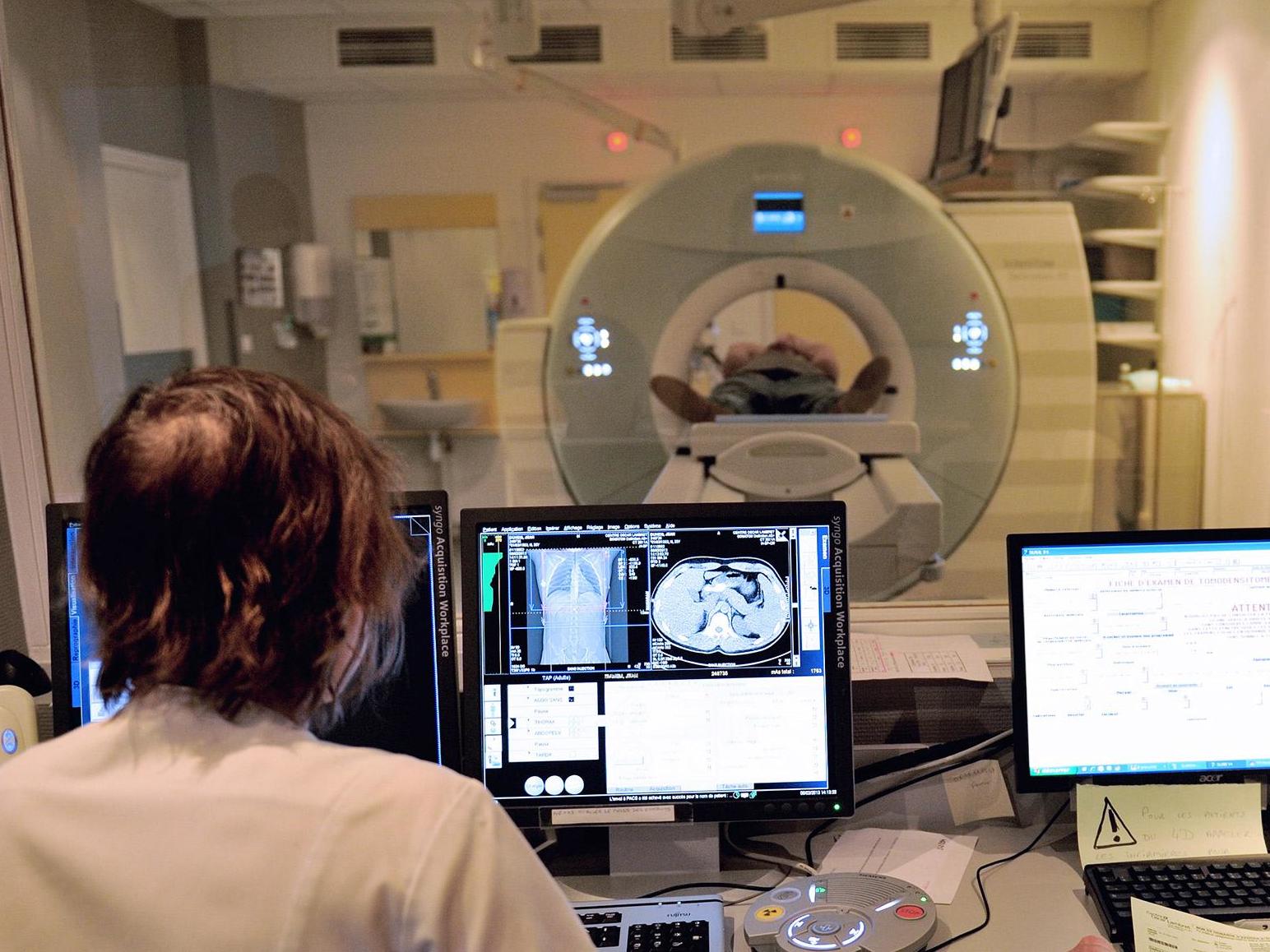Untold lives wouldn’t need saving if we followed the Cuban model of focusing on preventative healthcare
If you want to improve cancer survival rates, the answer isn’t bypassing specialists


Whenever the medical body known by the acronym NICE unveils a masterplan to save thousands of lives, my mind instantly goes on two journeys to Cuba.
The first port of call is the Caribbean island, and specifically the curious fact that inhabitants of a country rendered dirt poor by half a century of US sanctions have remarkably similar life expectancy to Americans and ourselves. Then it moves to Cuba Gooding Jnr, and that overquoted line of his from Jerry Maguire. If the National Institute for Health and Clinical Excellence is deadly serious about improving cancer survival rates, “Show me the money”.
In a refreshing break from limiting access to expensive new drugs, NICE this week issued updated diagnostic guidelines to GPs which it believes, or says it believes, will save 5,000 lives a year. Since that is only half the 10,000 by which Britain lags behind average European cancer survival rates, it seems safe to assume that the other 5,000 are victims have suffered inadequate treatment (delayed surgery, for example, and being denied drugs that reduce the chance of a recurrence).
Yet the cause of both types of avoidable death is fundamentally the same. The history of British cancer care is the usual one of political failure; of hideous complacency mingled with financial meanness; of oncologist lions led by political donkeys.
While routinely celebrating the NHS as “the best health service in the world”, administration after administration (apart from mid-term New Labour, which was in the process of playing catch-up when the financial crash struck) has declined to match the spending of western European nations of equivalent wealth.
This, as if it needs stating, is largely why survival rates for many cancers lag behind (and in the case of certain cancers miles behind) those in Germany, France, the Netherlands and Austria. All of them spend far more capita on healthcare than we do. The correlation between expenditure and cancer survival rates is as clear as the one between Premier League clubs’ wage bills and their positions in the table.
Cuba is the dazzling exception to this rule. There, an enviable doctor-to-patient ratio and a fierce emphasis on preventative medicine has miraculously raised life expectancy to western levels for an infinitesimal fraction of the cost. In societies that lack the balls to tax refined sugar products punitively, let alone encourage people to attend public exercise classes with Castrovian rigour, you get what you pay for.
The caveat with NICE’s noble ambition is that there is no money to show us. There are no billions for more of the costliest new drugs, scanning equipment, oncologists, radiographers, lab technicians and specialist nurses. Or indeed for more and better-trained GPs, even though these guidelines raise grave doubts about the competence of general practitioners.
What sort of medical moron, after all, needs to be told by NICE that a man whose prostate feels malignant to the touch of a latex glove should be referred to a urologist? Or that it might be an idea to send a patient with a large mole which has changed character to a dermatologist? Or that in a smoker, unexplained weight loss and shortness of breath are what we professional hypochondriacs call red flag symptoms?
Yet the problem with early cancer diagnosis runs deeper than incompetence. Of course a proportion of GPs will be dangerously useless. There’s a chap at the surgery I came across who couldn’t tell his colon from his humerus. Tell him you vomited “coffee ground” blood (black and tarry) – a gastro-oesophageal symptom demanding an urgent endoscopy – and he’d pack you off to a chiropodist.
While there will be others like him who think angioplasty is the woman who came fourth for Ireland at the Eurovision Song Contest of 1991, the majority of GPs who do know their onions from their bunions are entitled to feel insulted by these guidelines.
The challenge for decent GPs isn’t noticing the bleeding obvious symptoms. It is discerning when a symptom which might be anything or nothing needs investigating.
To do that, they need personal relationships with patients, and the time to listen to and examine them thoroughly. Wildly overstretched GPs restricted to eight-minute appointments with people they haven’t seen before (in seven visits to my practice, I’ve seen seven doctors) are likely to miss subtler changes than the emergence of a lump.
Any doctor familiar with me, for instance, would discount a complaint about fatigue as psychosomatic rot. With a more stoical patient whom she knows hates wasting her time, she might hear alarm bells.
If you want to improve cancer survival rates dramatically, the answer isn’t bypassing specialists (GPs can do this already) to send 500,000 more a year directly to hospital for a scan or colonoscopy. Almost any symptom might be one of cancer, but very rarely is.
Under NICE’s proposal, some lives will be saved, but an absurd amount of needless angst will be caused to those who would be spared nasty invasive procedures by a more attentive, less risk averse GP.
More would be saved if GP numbers were raised to the level in France or Cuba, and untold more wouldn’t need saving if we followed the Cuban model of focusing on preventative healthcare.
But one would require a lot of money and the other adamantine political will. The latter being in even shorter supply than the former, Britain will limp on as the sick man of Europe, staring bemusedly at the dismal survival rate comparison charts while bravely clinging to the mantra that the NHS is the best in the world.
Join our commenting forum
Join thought-provoking conversations, follow other Independent readers and see their replies
Comments
Bookmark popover
Removed from bookmarks